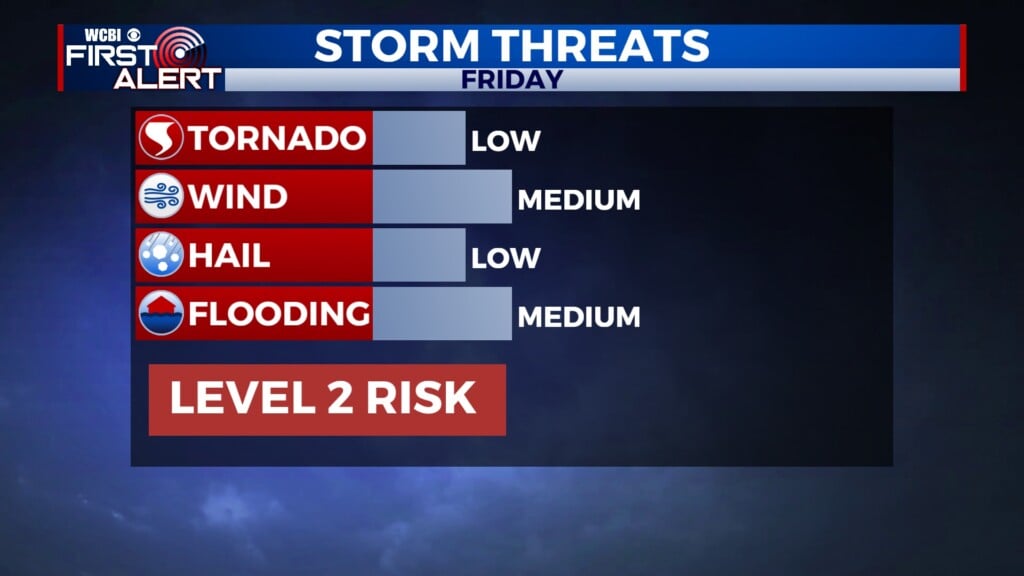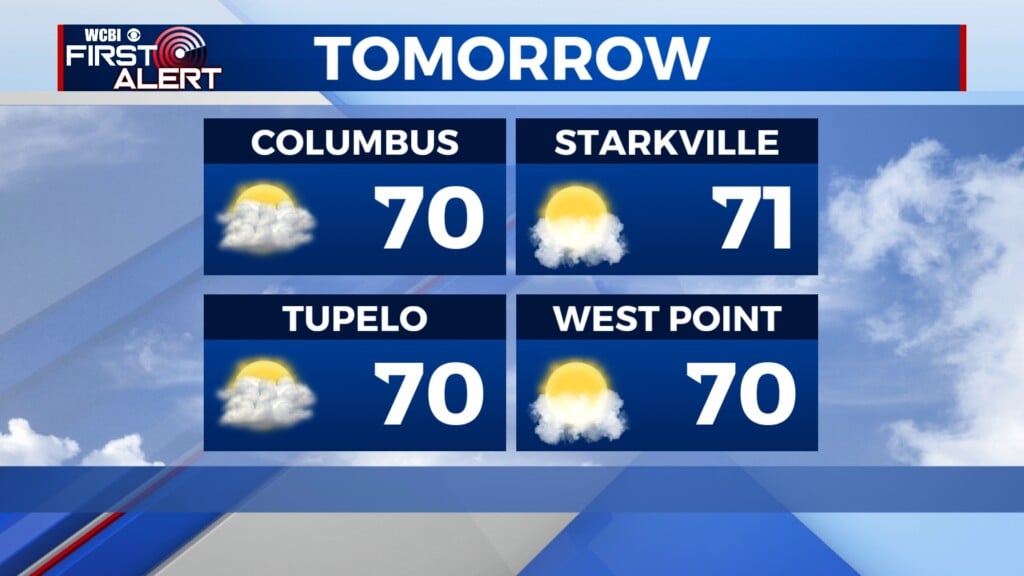AmeriCorps VISTA funding cut, harming local non-profits
VISTA, or Volunteers in Service to America are federally subsidized volunteers, providing essential services to non-profits.
GOLDEN TRIANGLE, Miss. (WCBI) – Nonprofits have a huge impact on the local community.
Whether it’s providing after-school programs or feeding the hungry, they’re vital to many people in the region.
And many of these organizations get by with the help of AmeriCorps members in the VISTA program.
Brittany Turner, the Director of Programs for the Boys and Girls Club of the GTR, said VISTA’s impact on them every day.
“It impacts us on a day-to-day basis in our office,” Turner said. “To be able to reach beyond the scope of services that we currently have, and to be able to reach more kids and families within our communities.”
Some of the volunteers handle administrative duties.
Their pay is federally subsidized, allowing them to work for non-profits without straining the budgets of those organizations.
Christian Bradley, the United Way AmeriCorps VISTA project supervisor, said that without these volunteers, non-profits will struggle.
“That’s what that VISTA member does,” Bradley said. “So without that, it’s a big hole in what that nonprofit is able to do.”
The AmeriCorps VISTA program just had its budget significantly cut by the Department of Government efficiency, or DOGE.
Meaning many organizations are scrambling to figure out what’s next.
Turner said her organization is going back to the drawing board with its plans going forward.
“We are going to have to go back and try to restructure how we can find other resources or other funding to be able to fill in that gap for where the VISTA’s were leaving their impact,” Turner said.
Bradley said those disappearing funds are going to have to be made up somewhere.
“Without this service, be it monetary or physical labor, there’s a cost to be paid,” Bradley said. “It’s going to come from us at the bottom.”
Rebekah Carruth, a former member of the VISTA program at Starkville Strong said AmeriCorps is not just a money pit.
It’s a program that ultimately pays for itself.
“Not only where we are not a significant amount of the federal budget,” Carruth said. “But the work that we did made money back for our community, for America. And it’s just very frustrating to be told that that’s not enough.”




